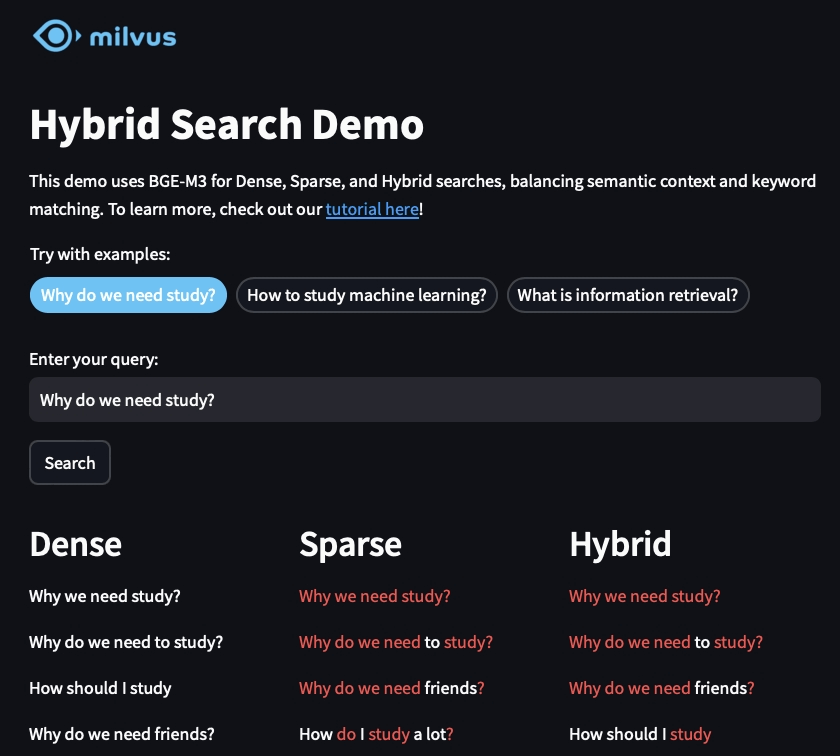Full-text search and keyword search differ primarily in how they process and match queries against data. Keyword search looks for exact matches of specific words or phrases in a dataset. For example, if you search for “database error” using a keyword-based approach, the system will return documents containing that exact phrase. This method is straightforward but inflexible, as it ignores variations like plurals, misspellings, or synonyms. It’s commonly used in simple applications like basic database queries or log file searches where precision is prioritized over flexibility.
Full-text search, on the other hand, uses advanced techniques to index and analyze text, enabling more nuanced queries. It breaks down content into tokens (e.g., individual words, phrases) during indexing and applies linguistic rules like stemming (reducing words to their root form, such as “running” to “run”) or removing stop words (common words like “and” or “the”). This allows searches for “database errors” to match documents containing “databases error,” “error in database,” or even misspelled terms like “databse” if supported. Full-text systems also rank results by relevance, often using algorithms like TF-IDF or BM25, which consider factors like term frequency and document length. For example, a search for “Python tutorial” might prioritize articles where “Python” appears frequently over those where it’s mentioned once.
The choice between the two depends on the use case. Keyword search is sufficient for exact matches in small datasets, such as filtering user records by a specific ID. Full-text search is better for large, unstructured datasets like documentation, product catalogs, or articles, where users expect flexibility. For instance, an e-commerce platform might use full-text search to handle queries like “wireless headphones under $100” by analyzing product descriptions, prices, and synonyms. Developers often implement full-text search using tools like Elasticsearch, PostgreSQL’s tsvector/tsquery, or cloud services like AWS OpenSearch, which handle indexing and query optimization automatically. Keyword search, in contrast, can be achieved with simple SQL LIKE clauses or regular expressions but lacks the scalability and relevance ranking of full-text systems.
